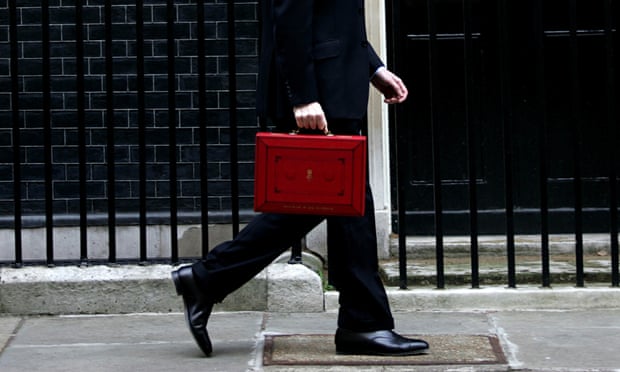The switch to CPI inflation – the biggest raid on benefits you’ve never heard of
Some of us have been pointing out the RPI/CPI cheat for years – ever since the Coalition Government initiated it, in fact.
Now, thanks to this Guardian report, we can see that Conservative-led governments have avoided spending tens of billions by this measure – and the Tories are expected to dodge £40 billion more by 2020.
Consider this:
The Tories have claimed that their ‘austerity’ measures have cut the deficit from around £130 billion in 2010-11 to around £98 billion in 2014-15. Perhaps we can conclude that the change from RPI to CPI is responsible for all the deficit reduction that we have seen since the Conservatives came into office in 2010.
In that case: Why have the poor been forced to endure humiliating and life-threatening austerity cuts to their livelihoods?
The story begins with a single paragraph in the emergency budget a few weeks after the 2010 general election. Buried in its 100 pages was a small section stating that future benefits, tax credits and public sector pensions for retired emergency workers, civil servants, council employees and NHS staff would rise in line with a different measure of inflation: the consumer price index (CPI). Previously, the default increase was the retail price index, RPI – which has historically averaged about 1% higher.
By reducing the increase in payments each year, Treasury documents admitted the change would save them £15bn over the life of the last parliament. But in the frenzy of the time, facing down the worst recession since the Great Depression, attention was largely diverted. And nobody warned the public how the cost of this policy would keep multiplying beyond 2015.
The following year, the Treasury extended the reduced inflation rate to thresholds for income tax, national insurance contributions and inheritance tax, also introducing more exceptions and delays. This decision, more complex than the last, was even less remarked upon. The impact on so many people in the UK, though, was significant.
Take jobseeker’s allowance for a single person of 25 or older, which is currently £73.10 a week. Robert Joyce at the Institute of Fiscal Studies calculates that if index-linking remained at the old rate, it would have risen to £87.75 by the end of this parliament. But under the new policy the weekly payment will rise by slightly less each year. By the next election in 2020, the cumulative effect will be a weekly payment of £80.70 – or £366 a year lower, says Joyce.
The same is true of almost every one of the benefits and tax credits, and for millions claiming pensions for public service (for whom the triple-locked state pension does not apply).
There are no official calculations of the combined impact of these changes. But using the Office for Budget Responsibility’s (OBR’s) most up-to-date estimates the inflation switch will save the Treasury more than £40bn over this parliament.
Follow me on Twitter: @MidWalesMike
Join the Vox Political Facebook page.
If you have enjoyed this article, don’t forget to share it using the buttons at the bottom of this page. Politics is about everybody – so let’s try to get everybody involved!
Vox Political needs your help!
If you want to support this site
(but don’t want to give your money to advertisers)
you can make a one-off donation here:
Buy Vox Political books so we can continue
fighting for the facts.
Health Warning: Government! is now available
in either print or eBook format here:
The first collection, Strong Words and Hard Times,
is still available in either print or eBook format here:








if this is so then why hasnt the borrowing come down – in fact it has risen even higher. what else are they not telling us.
No, the amount borrowed each year has come down – but that of course still means the debt itself has increased.
These are mainly small amounts being claimed in he first place. To make them even smaller is really taking money from the poorest in society. Then they deny the rise in Foodbanks is anything to do with their Policies.
There’s an even better kept secret that hides in plain view – the fact that certain regulated utility costs in the economy, such as water charges and rail fares, are allowed to rise each year according to a formula which takes into account inflation, using the RPI measure. That’s written into the privatisation legislation and requires specific changes to those laws to vary the rates to CPI. So pensions, benefits and some wages rise in line with CPI but some costs continue to rise in line with RPI.
I believe that this is the continuation of what started with the ‘Sainted Margaret’ when it was decided to de-couple pensions from average earnings. I think i read that the cumulative loss to OAP’s was in the region of £60 pw but that could well be more now.